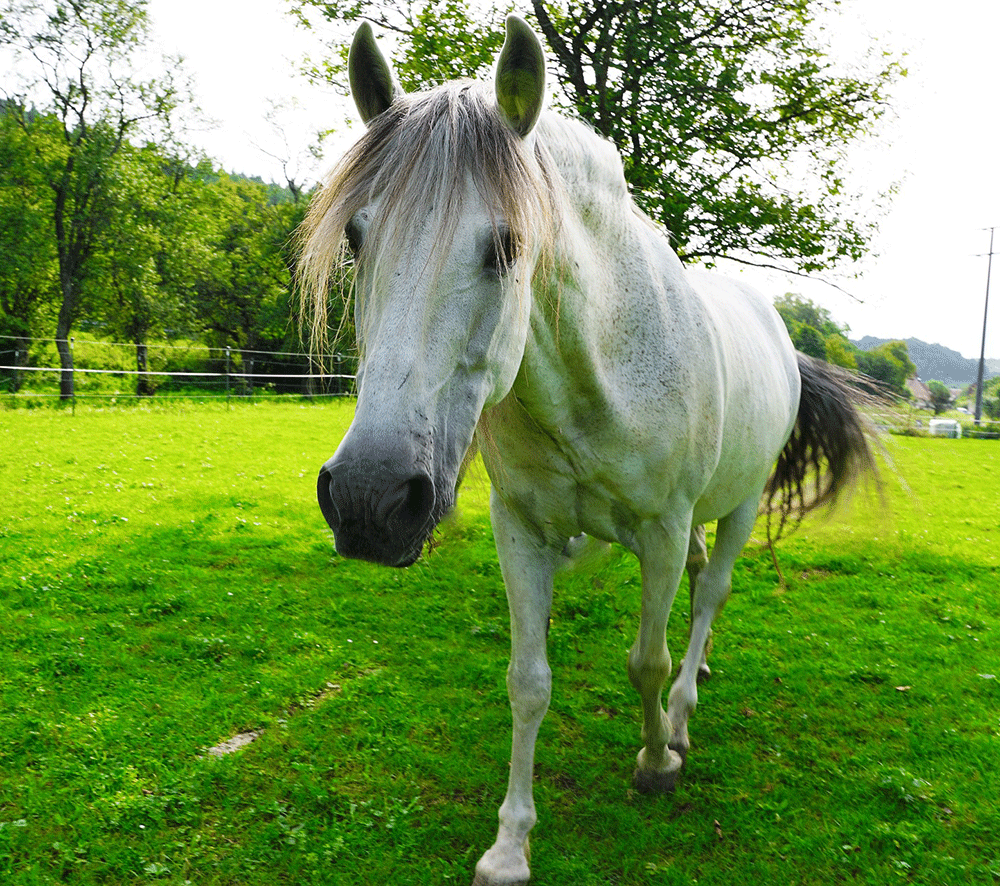News & Special Offers

Caring for Geriatric Horses and Ponies
We are lucky that so many horses are living to a ripe old age nowadays; however, looking after a golden-oldie is quite different to caring for a younger animal. And while we’re (hopefully!) through the worst time of the year now, a little bit of extra care and support can make a huge difference to quality – and quantity – of life.
What is old age?
In horses, we call a horse “aged” from the age of 8 years – but that just means we can’t judge their age reliable from their teeth any more! The onset of old age is a bit variable between individuals – and breeds – but in general we’d say that horses are “old” or “geriatric” from about 16-18 years old. Of course, it also depends on how “High mileage” they are, with a horse who’s lived a hard life tending to be “old” a bit earlier.
The reasons for “old age”, as experienced by all mammals, are varied, but the most important single factor is probably the genetic deterioration that occurs as the “telomeres” in the chromosomes decay over time. These telomeres are sometimes referred to as a “genetic clock” because they track the age of a cell; every time it divides – to replace a dead or damaged body cell – they get a bit shorter. Eventually, they are so short that the DNA underneath them is exposed, and the cell dies. Across the whole body, this results in the gradual decline in athleticism, immunity and resilience that characterise old age. Of course, though, this process is accelerated if the horse has had to spend much of its life repairing damage from injury or disease, hence the “high mileage” issue!
Remember too that it can be really variable – there are reports of horses living into their 60s, and it’s not that uncommon to meet a pony in their 40s or 50s!
How does it affect Horses?
Typically, we see a number of changes. Firstly, a decrease in muscle mass – meaning that it is harder for the horse to maintain strength and fitness. We also tend to see declines in immunity – older horses and ponies are often more prone to infections.
Another important change is to the teeth – as the horse ages, their teeth stop growing and then eventually wear out, leaving them with smooth pebble-like teeth – we call this “cupping out”. Eventually, the teeth are lost, and the horse is unable to chew food at all, but even before this they may well struggle to get enough nutrition.
Greying of the muzzle is another common sign, as is a loss of skin elasticity; and sometimes we also see progressive deterioration of the feet or gut.
What are “the diseases of old age”?
As you might expect, these are the diseases that are more common in old age! In particular, we think of…
- Cushing’s Disease (hyperadrenocorticism), caused by a malfunction in part of the brain, is incredibly common in old age – 30% of geriatric horses have the condition, and probably a majority of horses who reach their late 20s are suffering to some degree.
- Dental Disease – as we said above, the teeth tend to deteriorate for some time before being lost.
- Arthritis – caused by wear and tear over a long lifetime, elderly horses are often a bit stiff and sore.
- Cancers – abnormal growths of cells are much more common in older horses, including malignant forms such as lymphoma, melanoma and sarcoma.
How does this change how we care for older horses and ponies?
Well, for one thing they generally need more protection from the elements, as they do not tolerate unpleasant weather as well. This means our threshold for rugging or stabling should be lower – old horses are very prone to rain-scald, for example.
Dental care should be really proactive as well – try and get on top of problems before they get on top of your horse! An elderly horse who starts losing weight is often at the start of a slippery slope of decline, so we need to stay on top of it. Even if your horse has lost all his teeth, though, it isn’t necessarily game over – many horses live very happily for months or years on fibre porridge mixes!
Of course, keeping active and interested is important too – stiff joints need to keep moving, but little and often rather than too much or too little.
What can we do to help?
It is very important to get on top of issues before they become problems – whether that’s dental problems (e.g. quidding), weight loss, stiffness and discomfort, or signs of more serious illnesses like Cushings. So, make an appointment to get your golden oldie checked out regularly by one of our vets, and nip any problems in the bud!
If you want your aged horse to receive a health-check, give us a ring and speak to one of our experienced equine vets – let’s work together to give them the retirement they deserve!
